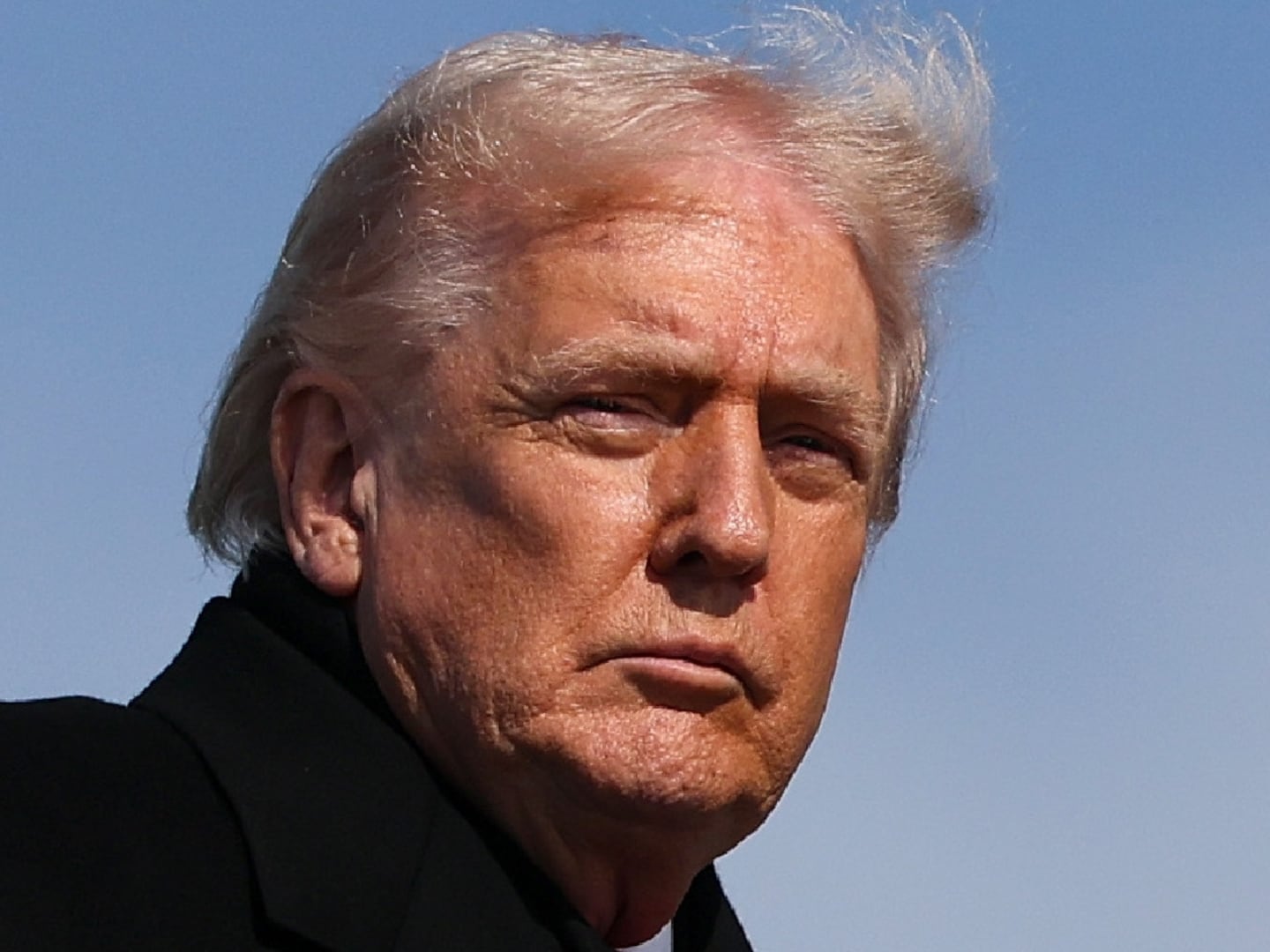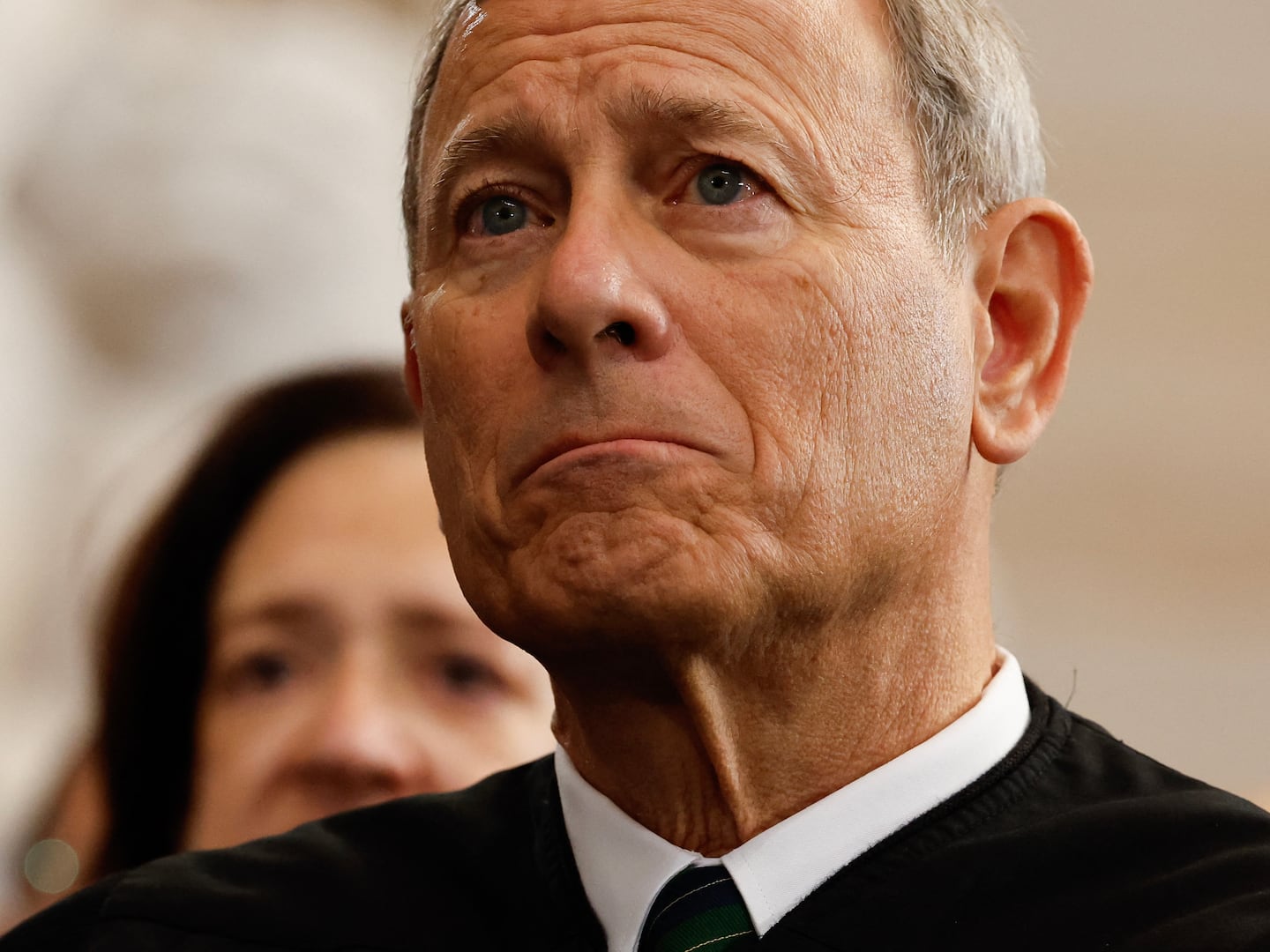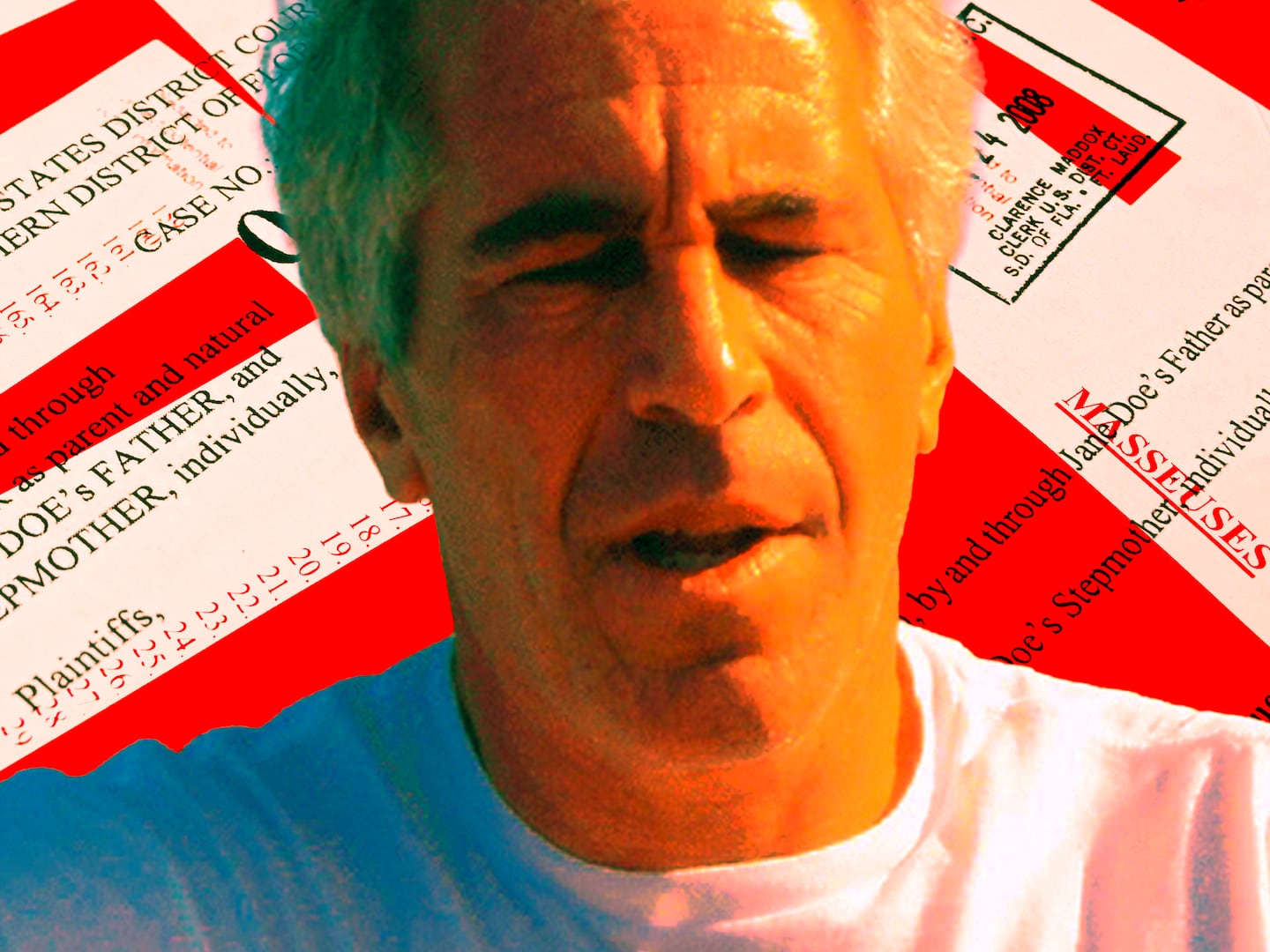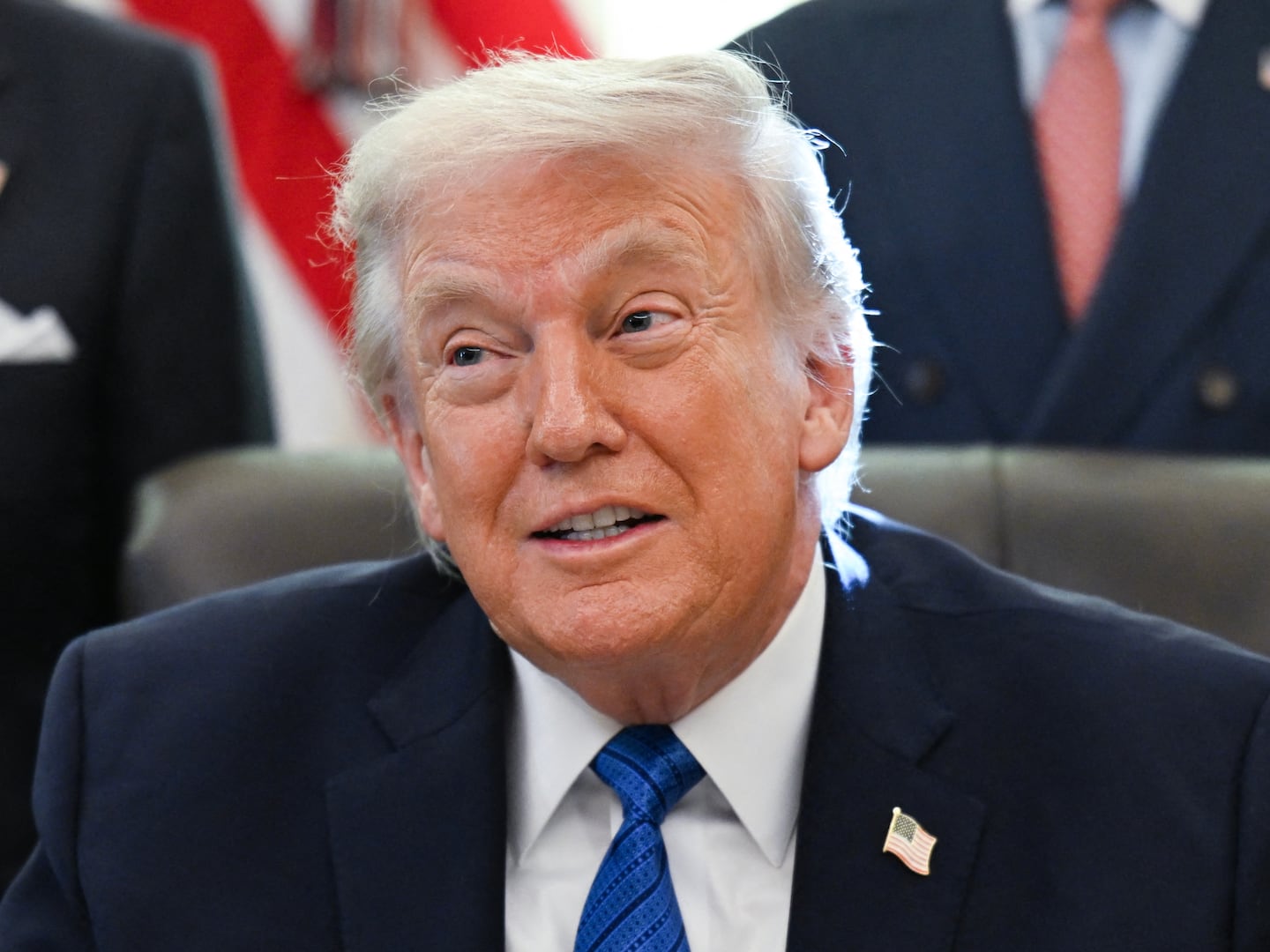Another experienced national Republican bites the dust—and John Kasich may be standing to benefit.
This morning, Sen. Lindsey Graham of South Carolina announced he will suspend his presidential campaign—and while it means very little to the actual race for the White House, it frees up donors and supporters that have been anxiously watching from the sidelines.
While the voter support Graham commanded was negligible—in his home state, the RealClearPolitics polling average gave him just 1.7 percent of the vote—the donor and legislator deference he commanded is important.
Ohio Gov. John Kasich’s campaign already got a boost from Graham’s departure.
Just a few hours after the senator ended his campaign, two state senators announced their endorsement of Kasich. Paul Campbell, one of the senators, told The Daily Beast that he’d held off on endorsing Kasich while Graham was in the race.
“If Lindsey had stayed in, I would certainly have been behind Lindsey 100 percent,” he said. “Lindsey is a great senator from South Carolina, he’s my friend. If Lindsey had stayed in I would be with him all the way. But Kasich, I think, is a fabulous candidate.”
Palmetto State operatives said that many other donors, organizers, and legislators are in the same position. Though he never had the polling numbers to make it to the mainstage of the debates, he still enjoys widespread respect.
“There’s been a tremendous hesitance in the donor and elected official community to support anyone other than Lindsey, out of respect for him,” said Robert Cahaly, an Atlanta-based Republican consultant who does a lot of work in South Carolina. “In many ways, today is like the kickoff in the ballgame that is South Carolina.”
Rick Perry’s former South Carolina state director, Katon Dawson, made the same point.
“I think what people are missing is that Lindsey’s endorsement here is probably gonna matter when we get closer to the race and closer to the January and February debates,” he said.
Graham dropped out on the last day that the state party promised it could take candidates’ names off the presidential ballot—sparing himself the embarrassment of anemic voter support in his home state.
And he was never even competitive. He had trouble in his own Senate primary last year, facing a bevy of far-right challengers who spooked the senator’s allies with fears of a runoff. Graham narrowly evaded that fate, pulling in just 55 percent of the vote. And as one of the few 2016 contenders to express concerns about climate change and push for comprehensive immigration reform, he was uniquely ill-suited to compete in a primary field dominated by anti-immigration sentiment. That said, structural changes in how the primary played out hobbled him even further.
“I am disappointed that the networks used national polling to set debate criteria,” said Matt Moore, the chairman of the South Carolina Republican Party. “It hurt candidates who were well organized in Iowa, New Hampshire, and South Carolina, and to some degree it upended a lot of assumptions about how to win the nomination.”
In effect, the primary system has become about snagging cable news headlines and winning support from Republican voters around the country, rather than state-by-state brawls for support.
Graham is just the latest in a slough of experienced and nationally known Republican figures to prove utterly uncompetitive in this bizarro election. Govs. Scott Walker and Rick Perry, of course, flamed out in a way nobody would have predicted two years ago.
Graham’s demise is one more indicator that this is Trump’s party, and Establishment Republicans are just living in it.





